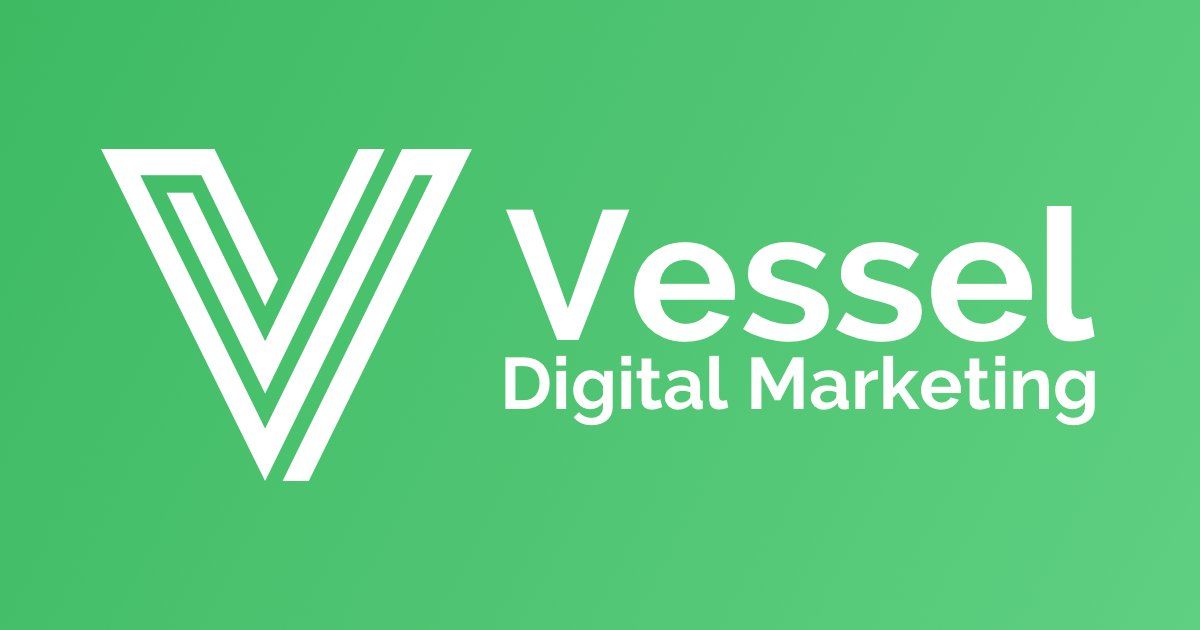What is Digital Marketing?
Digital marketing is a term that refers to any form of marketing that utilizes digital channels and technologies to reach and engage with customers. As more and more consumers spend time online, digital marketing has become an essential part of any business's marketing strategy. In this blog post, we will explore the different types of digital marketing and provide tips on how to create an effective digital marketing strategy.
Types of Digital Marketing
Search Engine Optimization (SEO)
SEO is the process of optimizing your website to rank higher in search engine results pages (SERPs) for relevant keywords. It involves a combination of on-page and off-page optimization techniques to improve your website's visibility in search engines like Google, Bing, and Yahoo.
On-page optimization includes optimizing your website's content, structure, and code to make it easier for search engines to crawl and index. Off-page optimization includes building high-quality backlinks from authoritative websites, social media marketing, and other techniques to improve your website's authority and relevance.
Pay-Per-Click Advertising (PPC)
PPC is a form of digital advertising where you pay each time a user clicks on your ad. It allows you to target specific keywords and demographics to reach your target audience. Google Ads and Facebook Ads are the two most popular platforms for PPC advertising.
To create a successful PPC campaign, you need to identify your target audience, set a budget, create compelling ad copy, and optimize your campaigns based on performance data.
Content Marketing
Content marketing involves creating and distributing valuable content to attract and engage your target audience. It can include blog posts, videos, social media posts, infographics, and more. The goal of content marketing is to build trust and establish your brand as a thought leader in your industry.
To create an effective content marketing strategy, you need to identify your target audience, understand their pain points and interests, create high-quality content, and promote your content through various channels.
Email Marketing
Email marketing involves sending promotional messages or newsletters to your subscribers' email inbox. It is a highly effective way to nurture leads, promote your products or services, and build customer loyalty.
To create an effective email marketing campaign, you need to build a targeted email list, segment your subscribers based on their interests and behavior, create compelling email copy, and measure your campaign's performance.
Social Media Marketing
Social media marketing involves promoting your brand or products on social media platforms like Facebook, Twitter, Instagram, and LinkedIn. It allows you to engage with your audience, build brand awareness, and drive traffic to your website.
To create an effective social media marketing strategy, you need to identify which platforms your target audience uses, create compelling content that resonates with your audience, engage with your followers, and measure your social media ROI.
Tips for Creating an Effective Digital Marketing Strategy
1. Define Your Goals and Objectives
The first step in creating an effective digital marketing strategy is to define your goals and objectives. What do you want to achieve with your digital marketing efforts? Do you want to increase website traffic, generate more leads, or boost sales? Once you have defined your goals, you can develop a strategy that aligns with them.
2. Know Your Target Audience
To create a successful digital marketing strategy, you need to understand your target audience. Who are they? What are their interests and pain points? What motivates them to make a purchase? By understanding your audience, you can create content and campaigns that resonate with them.
3. Create High-Quality Content
Content is the backbone of any digital marketing strategy. To attract and engage your target audience, you need to create high-quality content that educates, entertains, or solves a problem. Your content should be relevant, informative, and well-written.
4. Optimize for Search Engines
SEO is a crucial aspect of digital marketing. Optimizing your website for search engines can increase your visibility and help you reach your target audience.
Digital marketing is a crucial aspect of modern business. By incorporating all of these strategies into your digital marketing plan, you can improve your visibility, attract more traffic to your website, and grow your business. Whether you're a small business owner or a large corporation, digital marketing can help you reach your target audience and achieve your business goals.
Enjoyed this article?
Here's a few more that may interest you.


Want to know more?
Set up a [free] consultation.
We will walk through your current website and discuss the vision for your new website, as well as any other digital marketing needs you may have.

